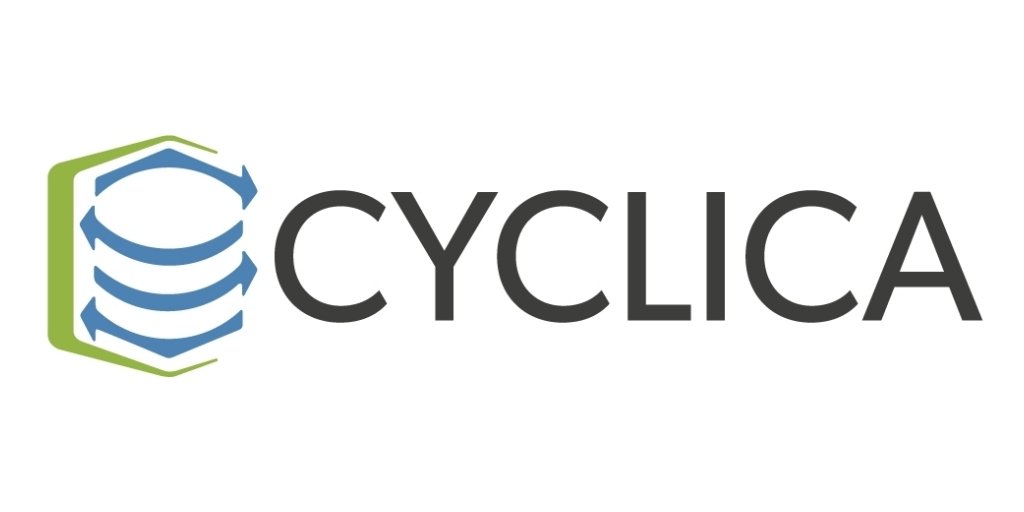Website: www.cyclicarx.com
Management: Naheed Kurji, President and CEO
Founded Year: 2013
Headquarters: Toronto, Ontario
Description: Cyclica is a globally recognized biotechnology company that leverages artificial intelligence and computational biophysics to reshape the drug discovery process.
Passion, Innovation, And Culture
A born fighter may not realize the power in him until he is sent to the battlefield. So was the case of Naheed Kurji when he was asked to take the reigns as President and CEO of Cyclica—an AI-driven biotechnology and drug discovery company. “Many early prospective investors made it clear that they were looking for someone with a PhD to lead Cyclica without really getting to know me or how the company was set up. Fortunately, my team and many others believed in me, our vision, and the broader team, and have supported us for a long time – I am truly grateful to them.” When he was asked to move from CFO and take the role of CEO in April 2016, he quickly embraced the leader in him and began to take charge. His passion for AI and life sciences served as a transformative success factor for Cyclica. Exploring the “deep how” of his success, Kurji credits his team for investing their time and knowledge in him, and for continuing to believe in his leadership. He explained that an unwavering commitment, persistence, and tenacity to acquire new knowledge helped him, overcame his self-induced “imposter syndrome”.
With sound and dedicated scientific and operational expertise at the leadership level, today Kurji spends the majority of his time fostering Cyclica’s organizational culture, defining the company’s strategies to elevate its brand globally, meeting with pharma and biotech leaders on partnership opportunities, and exploring opportunities for continued innovation.
Driving Scientific Rigor
As a passionate healthcare technologist, Kurji believes all stakeholders in healthcare and drug discovery have a moral obligation to progress the advancement of human health, and have to go about it the right way. “The discovery of medicines is highly non-trivial, and there has to be a deep empathy and understanding of the complexities behind biology and chemistry, as well as the opportunities and limitations with new computational methods.” Kurji explains that “while we are building the most robust and impactful platform to accelerate the discovery of better medicines, we are continuously striving to uphold a level of scientific rigor and integrity that we believe is necessary to contribute to a healthy community.”
When it comes to the application of AI, Kurji explains that AI is an important tool and undeniably is playing an important role in the life sciences. When applied appropriately to specific problems and questions, AI helps in diagnosing diseases earlier, managing patient care and workflow, discovering and developing better medicines for individual patients or populations, detecting safety signals in clinical trials or in the market, prescribing those medicines more effectively, and monitoring patient adherence to prescription. While encouraging, Kurji also stresses that AI is not the silver bullet in drug discovery as “the biggest limitation of AI is the availability of balanced model quality data where the underlying bias has been managed. This is a growing problem that needs to be thoughtfully addressed.” Where sufficient, balanced, and model quality data does not exist, platforms that are wholly based on machine learning or deep learning will struggle to provide predictive value. As Kurji says, “it starts with recognizing our own bias, communicating the limitations of our data, and collaborating with appropriate partners to resolve inconsistencies by gaining access to better data.” Furthermore, Kurji believes there is a need to hold companies in this space to a higher standard, and this includes scientific and technical validation of methods and models. Managing expectations is critically important when it comes to digitizing drug discovery, “we need to be visionary in our outlook, but patient in our approach. We can’t expect to click a button and cure a disease, not today.”
The “Go To” Platform
“In drug discovery, we believe that AI is best when it is combined with more first principles biophysics approaches. We also believe that pharma is looking for a holistic, integrated, and end-to-end enabling set of technologies that leverage AI to drive value at various stages of drug discovery (i.e. they are not looking for single point solutions for one problem),” says Kurji. Cyclica’s underlying philosophy is to design drugs for patients, not just for protein targets, which contrasts the approach of classical computational methods. In response to this, Cyclica has developed and validated a patented set of complementary technologies that combine the principles of biophysics, AI, and systems biology, to enhance how pharmaceutical companies navigate critical phases of the drug discovery pipeline. Taking a unique polypharmacological perspective to drug discovery, their Ligand Express and Ligand Design platform augments how scientists design better drugs that minimize off-target side effects, and gain insights into downstream systems biology and structural pharmacogenomics, a key step to personalized drug discovery.
For Kurji, he credits Cyclica’s position as one of the leading AI in drug discovery companies to creating a culture that sponsors an openness and understanding of views, transparency, and inclusivity, and at the same time, offering people an environment where they are free to be innovative solutions to some of the hardest problems in healthcare.









